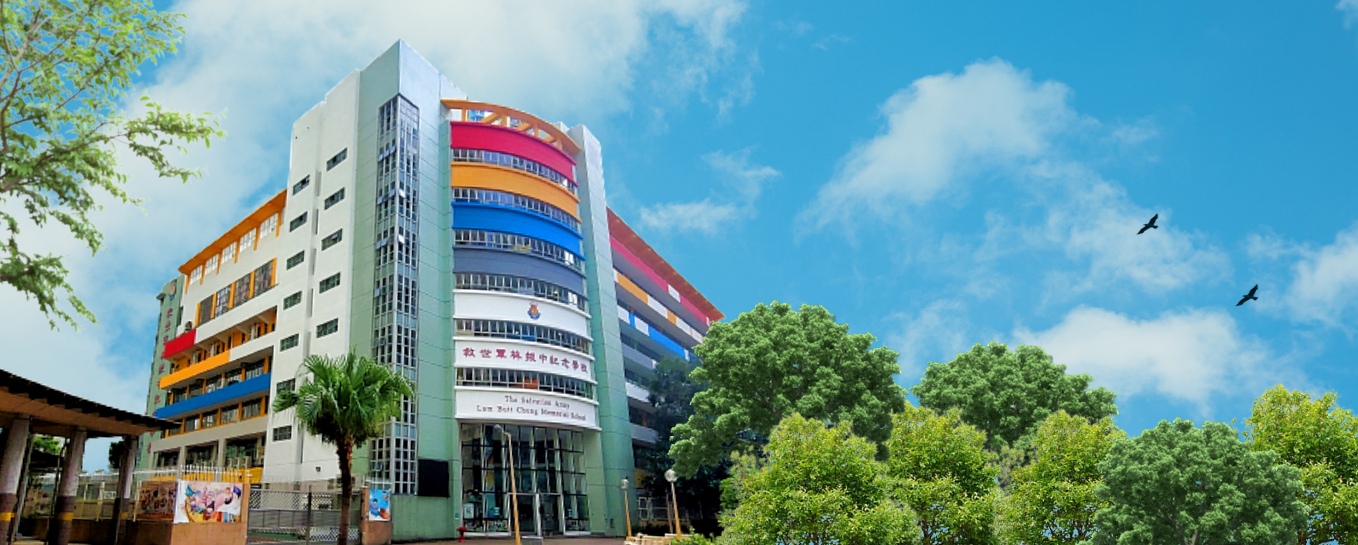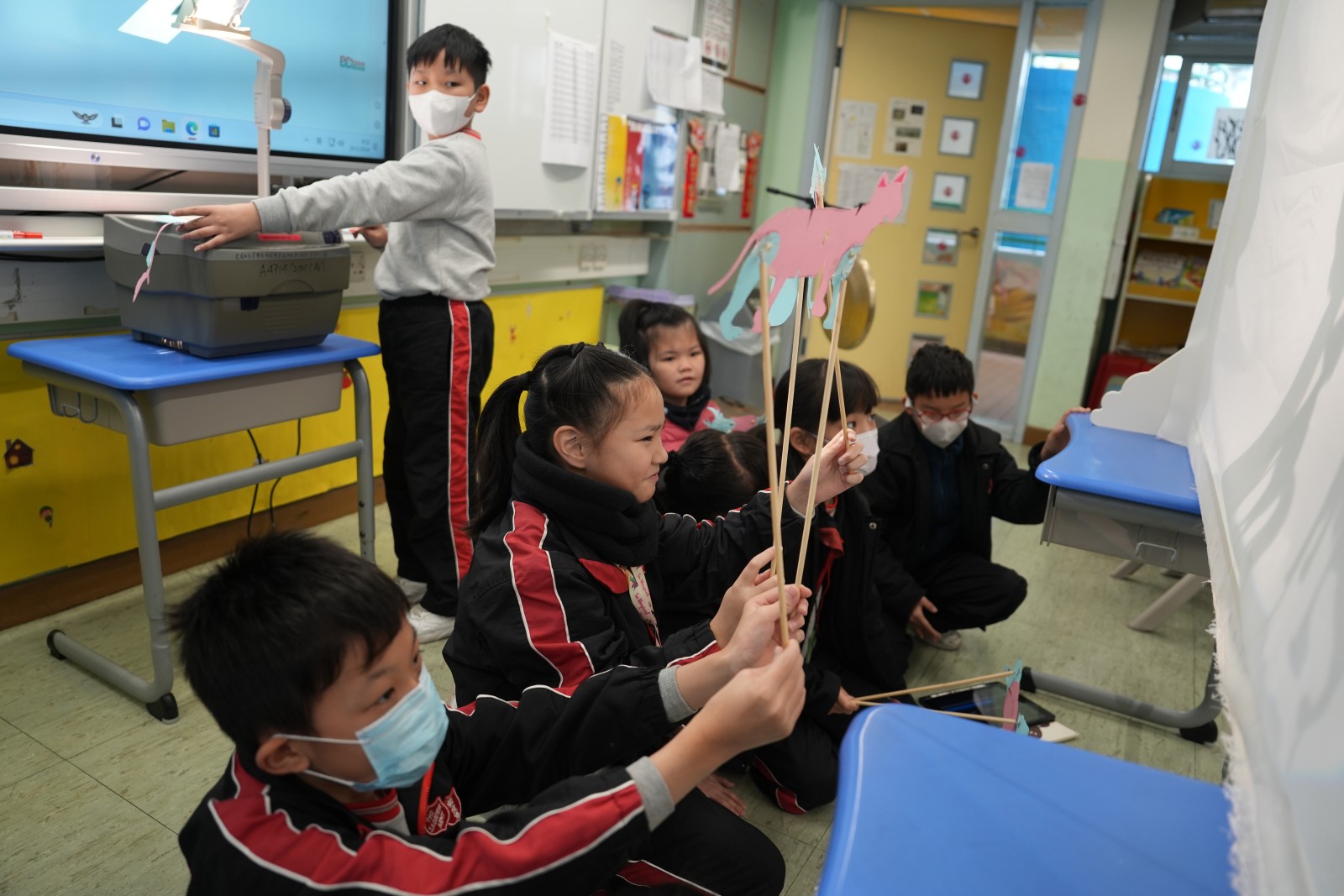Inquiry-Based Learning
School-Based Curriculum: An Introduction to Inquiry-Based Learning
Our school emphasizes the developmental needs of students by integrating inquiry-based learning activities tailored to our specific educational context. We aim to break down the boundaries of traditional subjects, providing students with challenging, creative, and self-directed thematic inquiry activities that foster communication and critical thinking.
We select engaging themes that align with students' knowledge, skills, and attitudes, designing interconnected thematic inquiry activities suitable for different learning levels.
Inquiry-based learning is student-centered, allowing students to participate in meaningful individual and group activities that blend knowledge from various fields, incorporate values, and include STEAM learning elements. This approach encourages students to explore and analyze topic-related materials while promoting active participation, collaboration, and discussion, leading to a deeper understanding of the subject matter.
In designing inquiry-based learning activities, teachers create diverse learning scenarios for students to systematically explore relevant themes. Students engage in various activities, including large classes or introductory lectures, knowledge concept lessons, visiting small exhibitions (classroom setups), data collection and analysis, guest interviews, surveys, data analysis, script writing, group collaboration and performance, creative design, and reporting their learning outcomes.
These activities aim to enhance students' self-directed learning, communication, collaboration, creativity, and critical thinking skills. Students also learn to gather, organize, analyze, and verify information through different methods. The heterogeneous grouping of peers and the emphasis on multiple forms of presentation and exploration increase each student's engagement and opportunities to showcase their work, resulting in progress in knowledge, skills, and attitudes.


